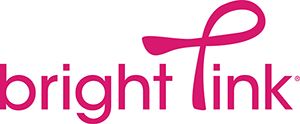
How to Practice Breast Self-Awareness

Eighty percent of breast cancers are discovered first by women themselves and later confirmed by a health provider. Establishing what’s normal for your breasts by checking in on a monthly basis will help you better identify when something is off and needs to be discussed with a health professional.
Message frequency is recurring after opt-in. Text STOP to quit or HELP for info. Message & data rates may apply. No purchase necessary. Automated marketing messages will be delivered to the phone number you provide at opt-in. The wireless carriers are not liable for delayed or undelivered messages. Privacy Policy:




